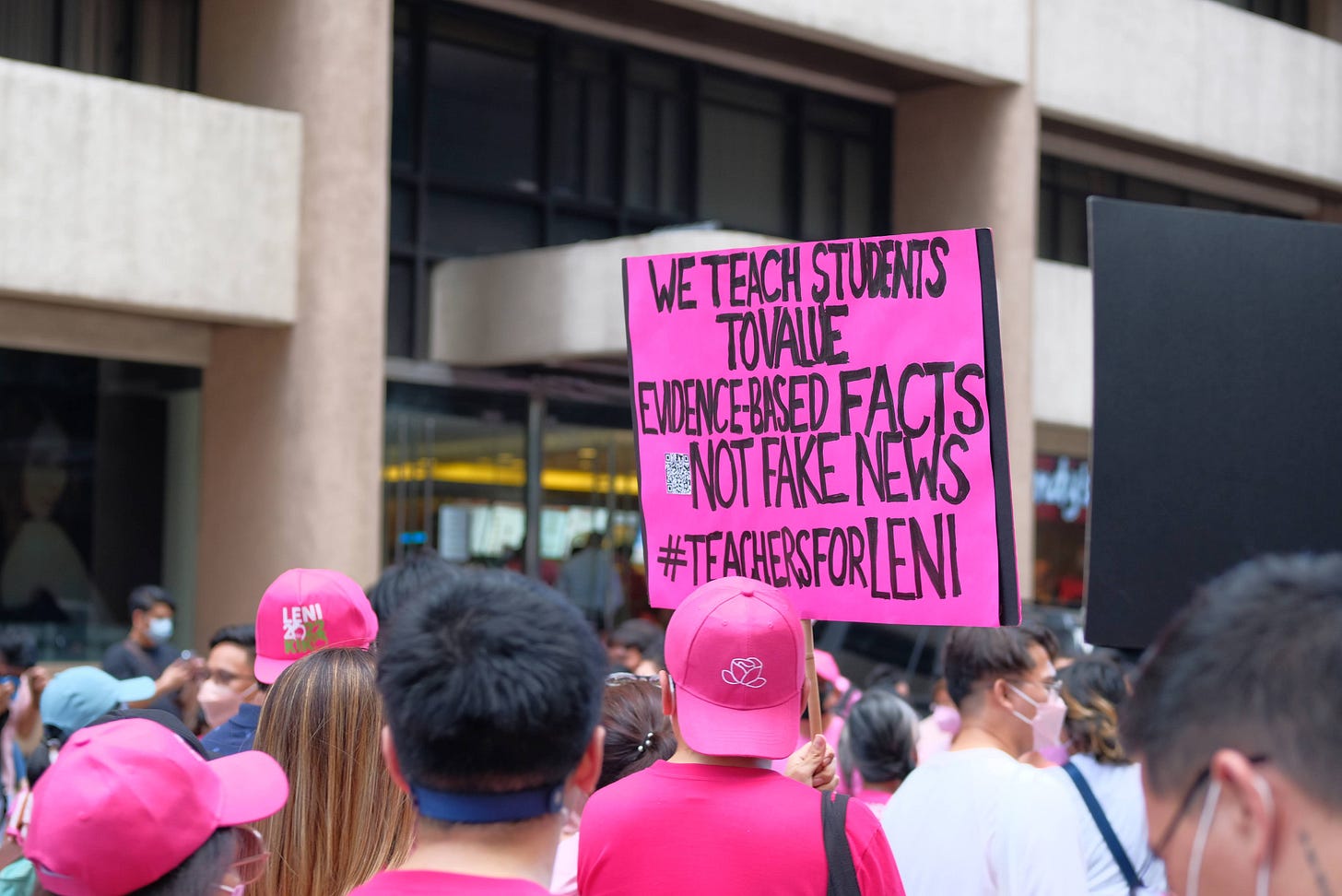I want to return to old-school blogging, perhaps with fewer heart-on-my-sleeves writing but still genuine and heartfelt; less rigorous or standoffish; unguarded but not naive.
I don’t know what that means or looks like for now.
I have a former blog reader who would pop up in my inbox occasionally, maybe twice or thrice a year. He’d say ‘hi’ then never fail to remind me—singularly point out—that he “missed my old blog,” which I read and took offense to as a dismissal of my current online presence. I will go back to this later.
Many things are going on in the world and with myself that spurred me to start writing on this platform.
I have been thinking a lot about my relationship with social media ever since I saw The Social Dilemma on Netflix. I have taken a digital detox, restricted my social media use, and tried to be more thoughtful about what I post online but I haven’t been consistently successful in my resolutions. I’ve relapsed several times and it wasn’t until I spiraled into depression, or what I think was a depression—I’m cautious about using this term lightly as it is a serious condition—that I reexamined my relationship with social media.
That’s what’s happened internally. Externally, there was the presidential election in May, which I have since processed thanks to Walden Bello’s essay on Rappler. More recently, I came across Hamish McKenzie’s podcast, The Active Voice, with the following description:
The internet is conditioning our minds and influencing the global consciousness in ways that we are only beginning to understand – and writers are on the front lines. In The Active Voice, Substack co-founder Hamish McKenzie talks to great writers about how they are reckoning with the challenges of the social media moment, how they find the space for themselves to create great literature and journalism despite the noise, and how to make a living amid the economic volatility of the 2020s.
His first guest was George Saunders, who I am already following on Substack, and they talked about the value of meditation and literature, as well as avoiding social media. As with the former blog reader’s comment, I will also get back to this.
Coincidentally, Elon Musk bought Twitter. Dave Troy’s analysis of what this means to democracy and his earlier whitepaper on the reconfiguration of our social capital sum up the issues that we face culturally.
The problems of social media—disinformation, misinformation, and radicalization—are a result of our relationships with the outside world.
Specifically, the isolation and lack of meaningful cross-cutting social connections are made worse by increasing class and cultural gaps (Troy, 2021). Online, Saunders puts it as “you’re coming forward in your social media manifestation and I’m coming forward in mine. In those two, it’s almost like robots (fighting).” In my consciousness, and this has been true pre- and post-elections: it has always been us versus them.
I no longer wish to participate in the hot takes, quips, snarkiness, divisiveness, mob mentality, and first-draft outputs (Saunders) that are rewarded online. Instagram ought to have been an exception to this rule, but even the memes are aggressively being weaponized in the culture wars. (The algorithm, ads, and push toward reels are a whole other issue as well.) I am not discrediting them—it’s Newton’s third law—but they foster the same type of discourse hostility found in Twitter. And I recognize that I am not skillfully or mentally equipped for such fighting.
I have forgotten about the value of letting ideas sit and ferment.
With how online algorithms and rewards systems are set up, there is naïveté in hankering for old-school blogging. In this regard, perhaps I am then no different from my former reader. I now think back more kindly on his feedback thanks to thoughtful retrospection: it lends a higher consciousness, or at the very least, you become less of a jackass.
Quick takes and mob culture have prohibited us from “(respecting) the writing art enough to make space for people to fuck up for a few years,” Saunders explained.
If you say to a vital art form, like literature, ‘If you were any good, you’d be making money.’ And it goes, ‘Oh, sorry,’ it goes to the back of the room and sits in shame, then it doesn’t do its work. I think one of the things it does, and this is a little maybe facile, but it does make empathy. Good writing, good literature is a fantastic compassion training wheels. If you marginalize that, then you’re going to have a more shrill public conversation and you’re going to have a country where to try to understand the other is not an honorable thing to do. That’s a disaster.
Unfortunately, the online culture that flourished in the heydays of LiveJournal and Blogspot is made irrelevant by the speed at which current social media currencies vitriol and outrage are rewarded (go viral). But I now refuse to become a willful and unwitting participant of the mob. Or at least I will try my best, as god knows the buffoonery in local politics alone warrants the most scorching online aggression. I have to hold myself to account. Of course, there is also more important work that needs to be done in the outside world, but I am also still figuring out what that looks like.
For future posts, I promise more joy. But for now, this serves as my north star and a manifesto for my online presence.
Old school it is.
*just your average stuff







